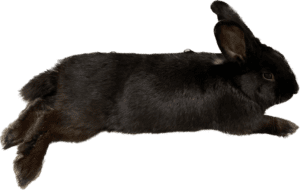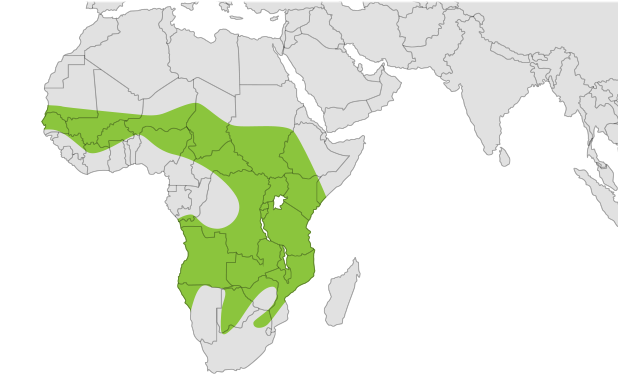

Three female African elephants reside at Seneca Park Zoo. Genny C and Lilac were born in South Africa in 1977 and 1978, respectively, and came to live at the Zoo in 1979. Moki was born in Zimbabwe in 1982 and joined the Zoo family in April 2015. All of our elephants respond to, and understand, more than 50 verbal commands. To date, they are the only African elephants in New York.
Elephants eat leaves, branches, fruit and grasses. They consume 300 pounds of food and 50 gallons of water every day.
International Union for Conservation of Nature (IUCN) Red List status
The biggest threats to African elephants are the ivory trade and habitat destruction. Poaching for meat and ivory significantly reduced the population of African elephants in the 20th century. The African elephant has governmental protection, but such poaching is still a serious threat to the species. In Africa, some people have resorted to culling large amounts of elephants to help sustain the ecosystem and reduce the elephant population. The Seneca Park Zoo participates in the Species Survival Plan for the African elephant.


Seneca Park Zoo Society is a tax-exempt 501(C)(3) nonprofit organization. Your gift is tax-deductible as allowed by law.
Seneca Park Zoo is a smoke-free facility.
Copyright © Seneca Park Zoo 2022